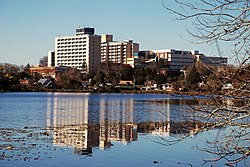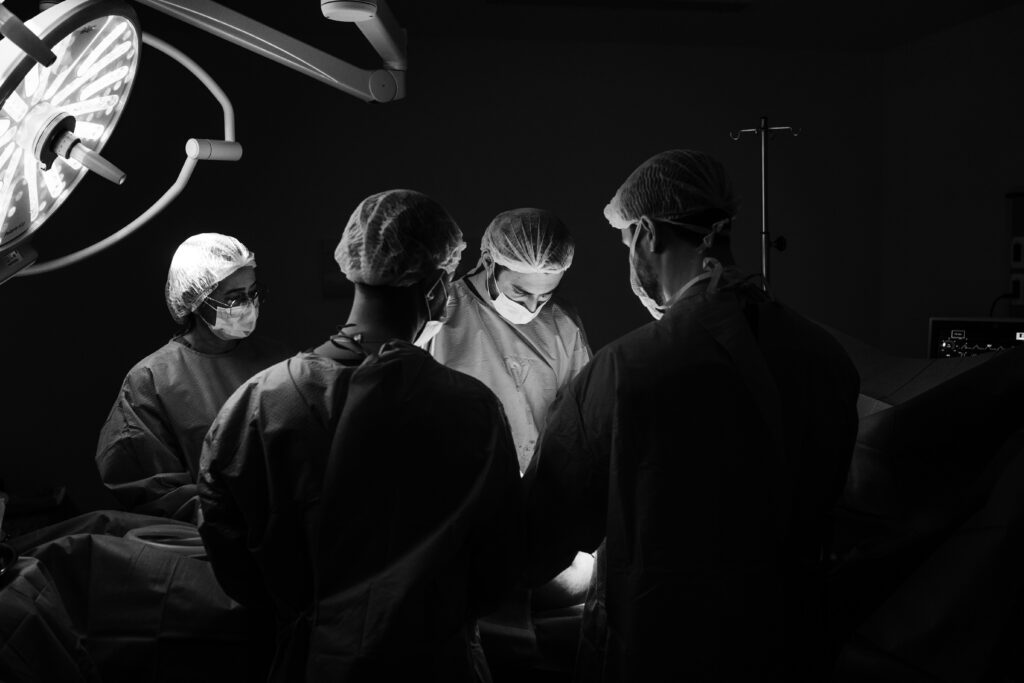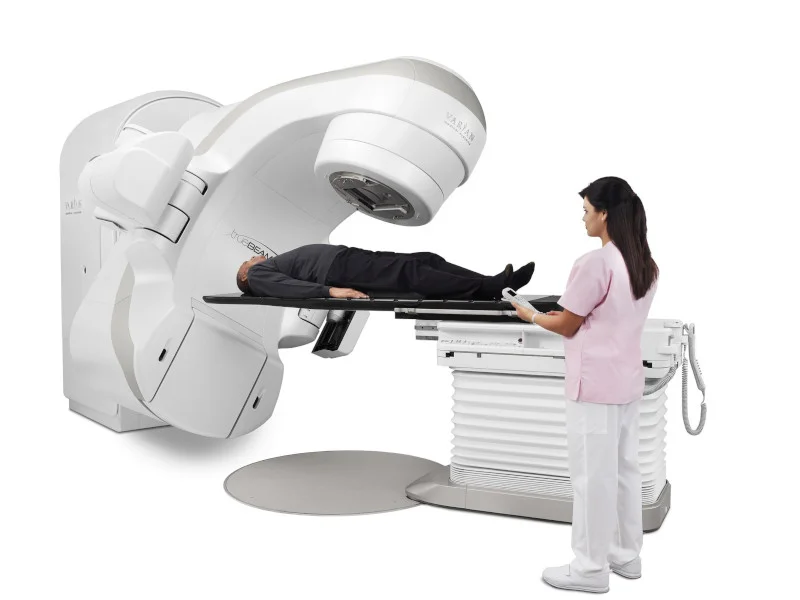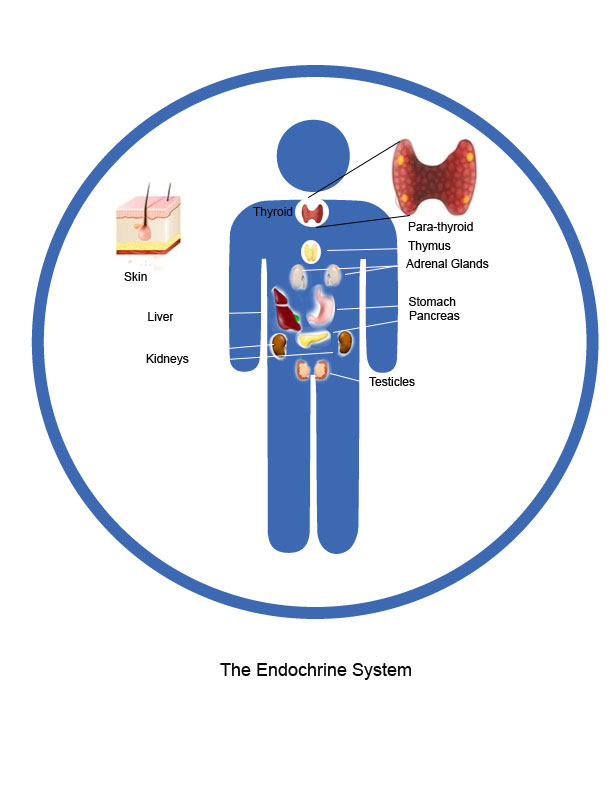Dealing With TC

So you have discovered that something is wrong.
- You’ve a swollen testicle?
- There’s a lump on your testicle.
- It hurts when you wash them in the Shower.
- You feel like crap… You have bad chills, feel exhausted, tired and can hardly move.
So you need to see your friendly local GP. The family GP will send you off for blood tests and check your testicles. DO NOT PLAY IGNORANT and think you can walk this off…. You can’t. You’ve been told something is not right. You’re on your way to Urology


Public Or Private?

In New Zealand you have the luxury of Public Health Service or private. If you have health insurance you have the option of private. But if you prefer, you can go Public Regional Health Service which is free. Your choice.
Urology New Zealand.
Urology deals with diseases of the male and female Urinary tract. You will be dealing with them If your GP is satisfied that you need expert advise. Urology deals with mens organs involved with making babies. (Penis, testes, scrotum prostate) as well as the urinary tract, kidneys, ureters, bladder and urethra.
Urology is known as a surgical speciality. So the urologist that you might be seeing may also be your surgeon. Surgeons will always remove the testicle (regardless of the cancer stage). This is known as an orchiectomy and was probably already performed when taking your biopsy.
Identify Your Cancer
There are two types of Testicular cancer, germ cell tumour and stromal tumour. Most testicular cancers begin in the cells that make sperm (called ‘germ cells).
- Seminoma cancer cells – this type is more common in males aged 25 to 45. Seminoma cancer usually grows slowly and does not normally spread beyond the testes or the lymph nodes
- Non-seminoma cancer cells -more common in young men under the age of 25 and tend to grow more quickly
What Stage Are You?
There are 3 stages of testicular cancer: stages I, II, and III (1, 2, and 3). The stage provides a common way of describing how advanced the cancer is so that doctors can work together to plan the best treatment. Stage I is the least advanced or earlier stage, and stage III is the most advanced or later stage.
- Stage 1 – cancer is only found in one testicle
- Stage 2 – cancer has also spread to the lymph nodes in the pelvis or abdomen
- Stage 3 – the cancer has spread to lymph nodes as far away as the lungs, bones, or brain
Doctors will also give your cancer stage a letter (A, B, C, or S) to give more precise information. Your medical team will discuss your staging results with you and recommend a treatment plan.

Surgery
An orchidectomy, also known as an orchiectomy, is a surgical procedure that involves the removal of one or both testicles. It is most commonly performed as a treatment for testicular cancer, but may also be used to treat other conditions such as advanced prostate cancer or as part of gender confirmation surgery for transgender individuals. The procedure is usually done under general anesthesia and may be performed through an incision in the groin or through a small incision in the scrotum. If you want graphic details. (Click Link.)
After the procedure, the patient may experience some pain and swelling, but these symptoms can be managed with medication and support.

Six week Later... Oncology
Oncology is the branch of medicine that deals with the prevention, diagnosis, and treatment of cancer. It is a field of study that focuses on understanding the biology and behavior of cancer cells, as well as developing and applying effective treatments to stop the growth and spread of cancer.
Oncologists are medical professionals who specialize in the diagnosis and treatment of cancer. They work closely with other healthcare providers, such as radiologists and surgeons, to provide comprehensive care for cancer patients. Oncologists use a variety of tools and techniques to diagnose cancer, including imaging tests, blood tests, and biopsies.
Treatment options in oncology include surgery, radiation therapy, chemotherapy, immunotherapy, and targeted therapy. The choice of treatment depends on several factors, such as the type and stage of cancer, the patient’s overall health, and the goals of treatment.
Oncology also involves supportive care, such as pain management and palliative care, for patients with advanced or incurable cancer. Research is a major component of oncology, with ongoing efforts to develop new treatments and improve outcomes for cancer patients.
Overall, oncology plays a critical role in the fight against cancer, helping to improve the lives of millions of people affected by this disease.
Radio Therapy (Radiation)
Radiation therapy for testicular cancer is a common treatment option that involves the use of high-energy radiation to kill cancer cells. It may be used alone or in combination with surgery or chemotherapy, depending on the stage and type of testicular cancer.
During radiation therapy, a machine called a linear accelerator delivers radiation to the affected area. The radiation is carefully targeted to minimize damage to surrounding healthy tissues. The patient lies on a table while the machine rotates around them, delivering radiation from different angles. The treatment typically lasts for several weeks, with daily sessions lasting a few minutes each.
Radiation therapy for testicular cancer may cause side effects such as fatigue, skin irritation, and nausea. These side effects are usually temporary and can be managed with medication and support.


Endocrinology
Endocrinology is the study of the endocrine system and the hormones it produces, as well as the diseases and disorders that can affect it. The endocrine system is responsible for producing hormones that regulate many functions of the body, including metabolism, growth and development, mood, and reproduction. Endocrinologists are medical professionals who specialize in the diagnosis and treatment of endocrine disorders, such as diabetes, thyroid disorders, and hormonal imbalances. If you have any specific questions or would like more information on a particular aspect of endocrinology, please feel free to ask!

Endocrinology and Testicular Cancer
Endocrinology is the study of hormones and their functions in the body. Hormones play a crucial role in regulating various bodily functions, including growth, metabolism, and reproduction.
Testicular cancer is a type of cancer that develops in the testicles, which are the male reproductive glands that produce hormones and sperm.
Endocrinology is closely related to testicular cancer because the testicles produce hormones, such as testosterone, that are important for male sexual development and function. When a man develops testicular cancer, the cancerous cells can interfere with the production of hormones, leading to hormonal imbalances and other health problems.
Endocrinologists are often involved in the treatment of testicular cancer patients to help manage hormonal imbalances and other related issues. They may work in conjunction with other specialists, such as oncologists and urologists, to provide comprehensive care to patients with testicular cancer.
Overall, the study of endocrinology plays an important role in understanding the complex interplay between hormones, cancer, and overall health.

Mental Health and Testicular Cancer
Testicular cancer can have a significant impact on a person’s mental health. Receiving a cancer diagnosis can be a shock and cause feelings of anxiety, fear, and uncertainty about the future. It can also lead to depression, stress, and other mental health challenges.
Testicular cancer treatment can also cause physical changes, such as fatigue, nausea, and hair loss, which can further impact a person’s mental well-being. Additionally, the removal of one or both testicles can have a profound psychological effect on some men, affecting their body image and self-esteem.
It is essential for men with testicular cancer to receive support for their mental health throughout their treatment and recovery process. This may involve counseling or therapy, as well as support groups and other resources to help manage the emotional impact of a cancer diagnosis and treatment.
Family and friends can also play a crucial role in providing emotional support to men with testicular cancer. Open and honest communication can help reduce feelings of isolation and loneliness, and a strong support system can provide encouragement and motivation during challenging times.
Overall, it is important to prioritize both physical and mental health when dealing with testicular cancer and to seek out the necessary resources and support to manage the emotional impact of the disease.
